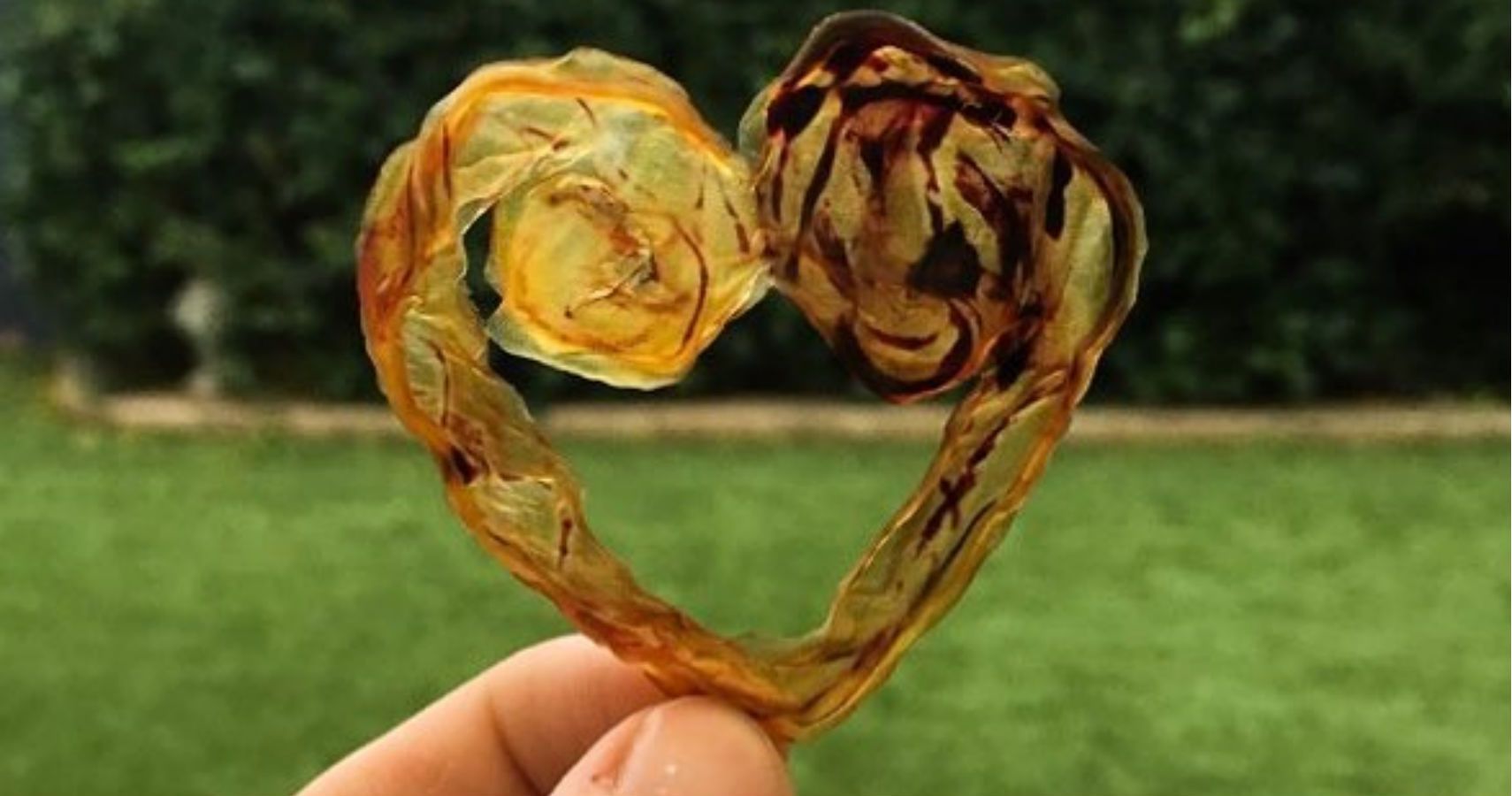Placenta Sales: Legal? Ethical? Exploring Your Options
Is it possible to turn a part of your body into a lucrative business venture? The simple answer, when it comes to the placenta, is a resounding no. The complex legal and ethical landscape surrounding this unique organ makes the idea of selling it far more complicated than it might initially appear.
The placenta, often described as a "precious organ," holds a unique role in human reproduction. It facilitates the transfer of nutrients and oxygen from the mother to the developing fetus, ensuring the baby's healthy growth throughout pregnancy. After birth, its function ceases, and it is typically discarded. However, this seemingly disposable organ has sparked considerable interest, leading to questions about its potential value and use. While the medical community has long recognized its therapeutic potential, especially in regenerative medicine, the idea of selling the placenta raises ethical and legal red flags.
In the realm of medical practices, the placenta has shown promise in healing traumatic wounds and diabetic ulcers, offering hope for patients with severe injuries. Moreover, components of the placenta, such as the umbilical cord, are being studied for their regenerative properties. This has created a demand for donated placentas, rather than a market for purchased ones.
The legal terrain surrounding the placenta is far from uniform. Regulations vary significantly from state to state, creating a patchwork of laws and guidelines. While some jurisdictions permit the donation of placentas for medical purposes, the sale of this tissue is often strictly prohibited. Many hospitals classify placentas as medical waste and will incinerate them unless a specific request is made to donate, privately bank, or take the placenta home. In Australia, for example, the Human Tissue Act explicitly forbids the sale of human tissue, including placental tissue, for any reason.
The allure of financial gain sometimes tempts those who may be expecting or have recently given birth to their child, and in spring 2024, a viral video on TikTok incorrectly claimed parents could earn $50,000 by selling their placenta. However, this was total fake news. A few states, like Hawaii, Connecticut, Oregon, and Texas, have laws that allow parents to take their placenta after birth.
The prospect of selling a placenta, particularly on the black market, is highly unlikely. Placentas removed from a sterile environment quickly lose their value. There are also other options for what to do with the placenta; some people choose to ingest their placenta after birth. This practice is known as placentophagy, where people usually encapsulate it into pill form or add it to smoothies.
Navigating the options for placenta use requires careful consideration of the legal and medical landscape. Mothers are encouraged to make informed decisions about postpartum care and biological material ownership, exploring possibilities such as donation, storage, and adherence to health and safety guidelines. Consulting with healthcare professionals and relevant authorities is essential to ensure that any actions taken comply with all applicable regulations.
Here's a summary table on the legal considerations of the placenta:
| Aspect | Details |
|---|---|
| Legality of Sale | Generally illegal; considered an organ like any other body part. |
| Donation | Permitted and encouraged for medical and research purposes. |
| Regulations | Vary widely by jurisdiction (state/country). |
| Medical Waste | Hospitals typically classify placentas as medical waste. |
| Black Market | Non-existent; placentas lose value outside a sterile environment. |
| State Laws | Only a few states have laws allowing parents to repossess placenta post-delivery. |
| Alternatives | Placenta donation, storage, or placentophagy. |
| Disclaimer | Consult healthcare professionals for guidance. |
For further information on placenta donation, visit Gift of Life.



Detail Author:
- Name : Summer Paucek V
- Email : jacobson.forrest@pfannerstill.org
- Birthdate : 1984-10-16
- Address : 126 Rau Plains West Carlohaven, VT 61858
- Phone : 906-480-9814
- Company : Heathcote Ltd
- Job : Mail Machine Operator
- Bio : Non nihil rerum dolorem voluptatem laboriosam. Voluptatem voluptatem rerum optio porro autem autem. Ducimus fuga sit cumque. Eum dicta cumque expedita eveniet ut. Itaque rerum eum cum accusamus.
